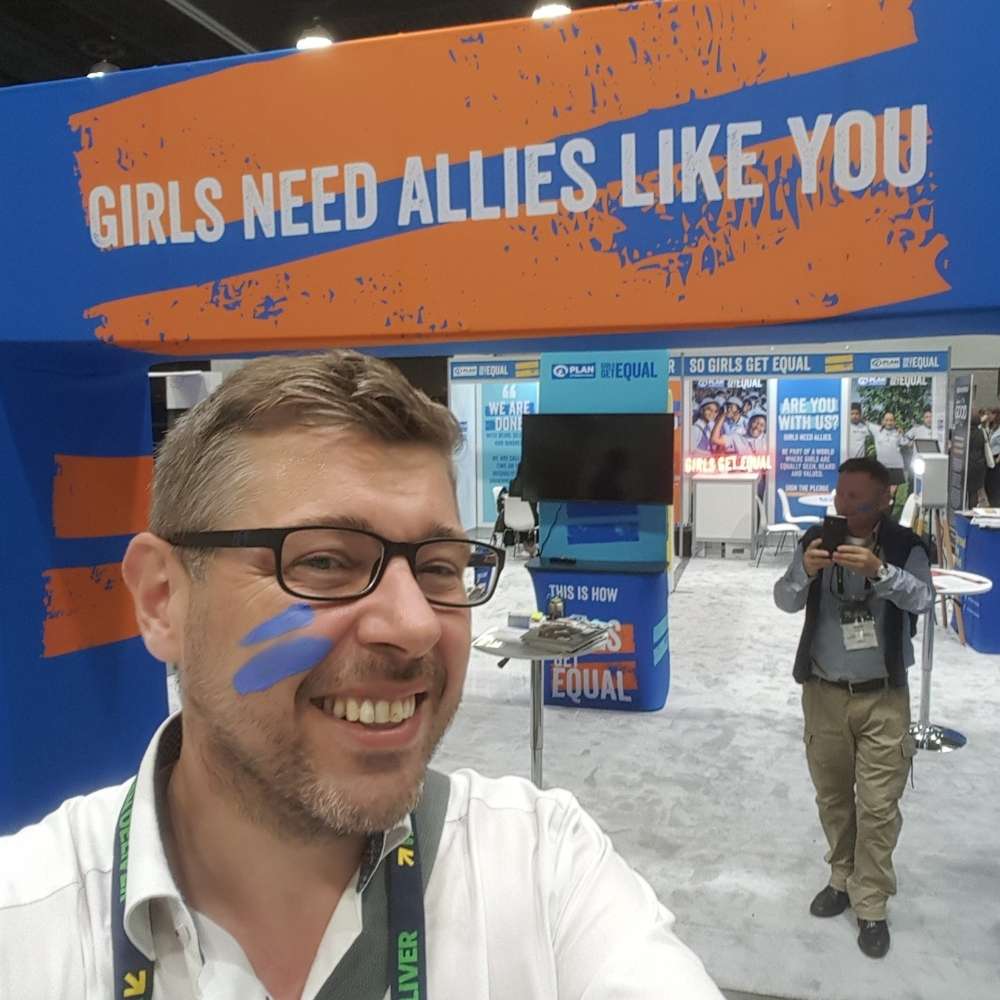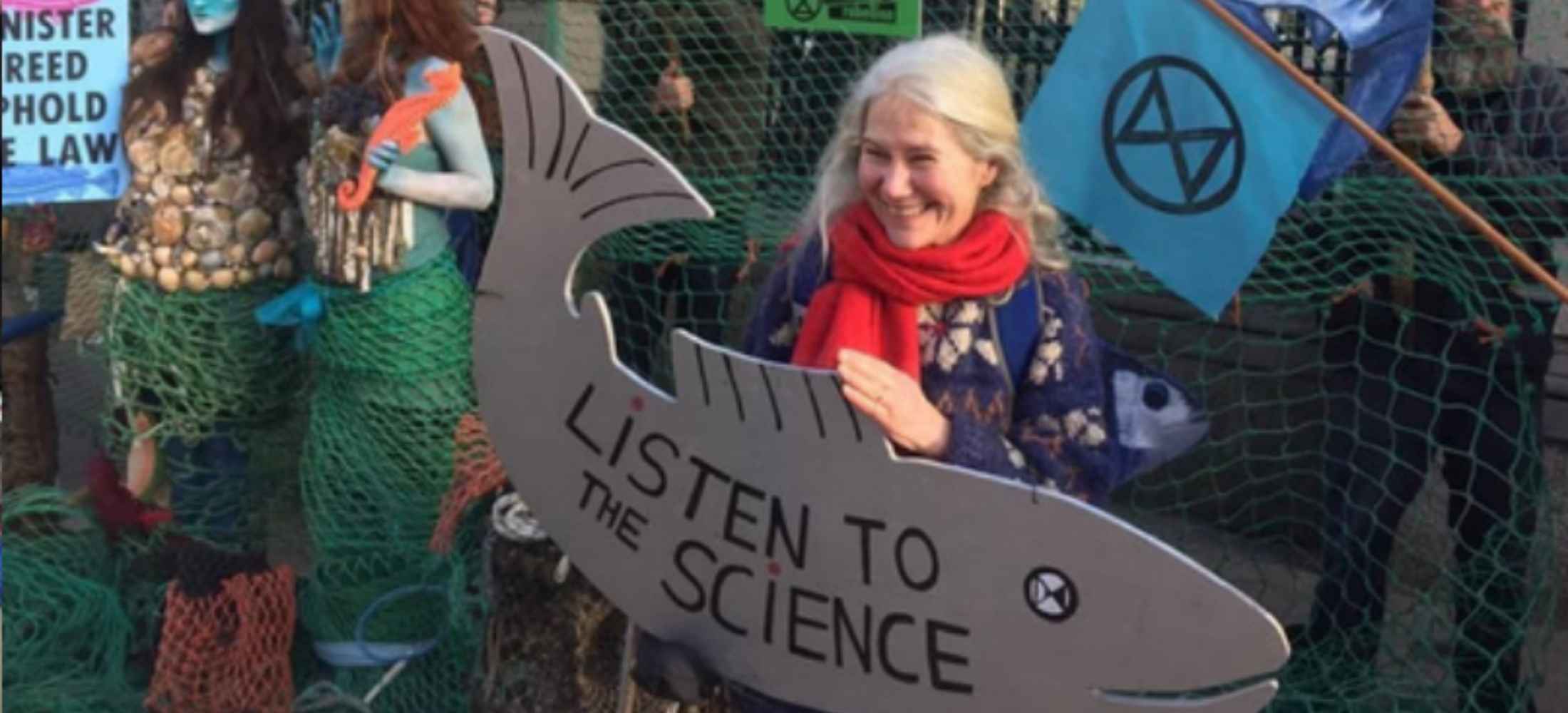Why Youth Journalism is Important
- Ciara O'Brien
- October 28, 2025
Why Youth journalism is important
By Ciara O’Brien, partially based on her Challenge US Award Winning Speech
In the age of social media, everyone is a journalist. Youth are simultaneously consumers and producers of media. When you repost on your Instagram story, tell your friends about a news story you heard or comment on a viral post, you are creating and spreading news.
Conscientious journalism and intentional media production allow youth to develop the skills to act as responsible creators and distributors of news by giving them the skills and helping them to build strong habits.

Youth Journalism in Times of a Rapidly Accelerating Generational Divide
We have a rapidly accelerating generational divide and so the news we consume and value is shifting quickly. We need to close this gap by engaging with news produced by other groups.
This allows us to better understand the people we live side by side with. When you choose the media you expose yourself to, it should be diverse. Our classic understanding of that may mean racial, religious and gender diversity, but age diversity is also vital.
Young people are also a group with different experiences and perspectives that can reshape your opinion and broaden your horizons.
Support student newspapers, youth podcast groups and all the other amazing forms of youth journalism. Understand a youth perspective with us and form a more diverse community.

Youth Journalism: An award-winning piece by Ciara O’Brien, reflecting on the value of youth input in society
The skill of reflection is buried in the very essence of human nature. From our earliest days, we reflect on our actions to improve them. We learn that bending our knees makes our first steps more stable. Our first steps are praised with soft claps and subtle gasps and we are invited on new adventures. Reflection tells us what to recreate and what to reimagine.
Young people serve this same function. Not yet immersed in tradition, our lives involve more curiosity and less routine. We simply have more new experiences that we must navigate. Young people reflect on norms before they become a reflection of those norms. The Socratic method is a teaching method from thousands of years ago endorsed well into the modern day by respected theorists. Its name seems to imply complexity but merely emphasises the importance of self-directed learning by repeatedly asking ‘why?’. Anyone who has ever met a toddler will attest to their obsession with this question, which is simple to ask but not so simple to answer.
It can be so challenging to explain because we have hugely different knowledge bases. We often rely on mutual information to explain unshared concepts. With toddlers, the unshared concepts dominate. We must explain so many premises that we risk never getting to the point. With young people, we avoid this misdirection. Our experiences align similarly enough with conventional ones to relate and understand them but differently enough to question abnormalities, disparities, and immoralities.

Young people often engage with people who have more diverse interests. Your world is abnormal. You do not engage with the average group; no one does. But young people do so more. Even anecdotally, if I look for a friend with interests in international development, humanitarian aid, or even debating, I will look to the friends I have made at university. If I look for a friend interested in soccer, ballet, or cello, I will find them among friends made in secondary school. Secondary schools segment youth based on location and little else, inviting young people to form diverse friendships.
As an adult, do you have as many friends with entirely different interests as you did as a teenager? I propose that for most people, this is unlikely. When I surround myself with politically savvy colleagues and friends, I become detached from the purest political insights in our banal lives. The youth have yet to undergo this total transformation. They question what is normal, what is understood and what is universal.
Young people question the disparity between condemning forcing women to cover their hair in Iran theistically and forcing women to uncover their hair in France atheistically. Shifting the lens from modesty to autonomy has reframed the discussion to a place of equal opportunity and respect. It removes cultural normalities from the consideration and shifts the burden to more objective moralities. In reflecting on how we approach disagreements, we change how we view the world and amend the laws that govern it. In the above example, this reflection allows us to support cultural integration in a more nuanced way. In discourse, we don’t need to highlight which opinions are better; plenty of people are already taking sides.
We need people to point out why you think the way you do. Is it logic? Is it culture? Young people have a better chance of showing us this, which allows us to reflect and re-evaluate our stance. They enable us to consider whether it is time to agree to disagree or whether this is a hill worth dying on.
Personally, I measure whether something warrants opposition by whether or not I view it to be immoral.
The extent, the blame or the solution may not be clear, but the inherent wrongness is often effectively objective. Young people worldwide have been advocates for peace. There are patterns of young people as positive moral forces from every time period and continent. Young people have also been destructive agents, especially in times of hardship. I’m not advocating for a total overhaul of the systems with young people controlling everything. I suggest we listen to young people and acknowledge them as a valuable part of each discussion due to their unique ability to make others reflect.

If I asked you why life isn’t fair, your answers might be economic or social repression. You may point to the unequal treatment of racial, ethnic and gender minority communities. Each answer would be correct. The statement is true. However, the answer may be more illuminating if I asked you why the phrase is said. Is it said instead of rectifying some injustice? Does life’s not fair lift the burden of aiming for equality? You will see from this example that two why questions have been asked: Why is it true? Why is it used?
While the first answer offers little uncharted territory, the second invites reflection on something we take for granted. Some questions might slow the work process, but some will put you on the right track. It’s worth it. Invite young people into your spaces. Encourage their curiosity. Teach them your ways and invite inquisition. They will teach you about their own ways and also about yours. Life isn’t fair, so how can you make it fairer?
You might consciously reflect on your work rather than outsourcing it to young people. And conscious reflection drastically boosts productivity.
However, your reflection will be within your frame of understanding. You have different foundations, expectations, and biases. This reflection cannot spot flaws in things considered to be in the very fabric of existence.
You have been trained in compliance with processes, speech, and ideas. Young people have yet to be stifled by this. Embrace their approaches, unique linguistics, and their suggestions.
Young people demand reflection, which inspires advancements. Societies only function so long as they continue to advance. It is human nature to spend one’s life trying to improve oneself or the lives of one’s descendants. People become disillusioned when life is stagnant or regressive. For stability, for safety, for satisfaction, we need reflection. We need young people in every area. We have speeches to perform, ideas to share, and questions to ask.







